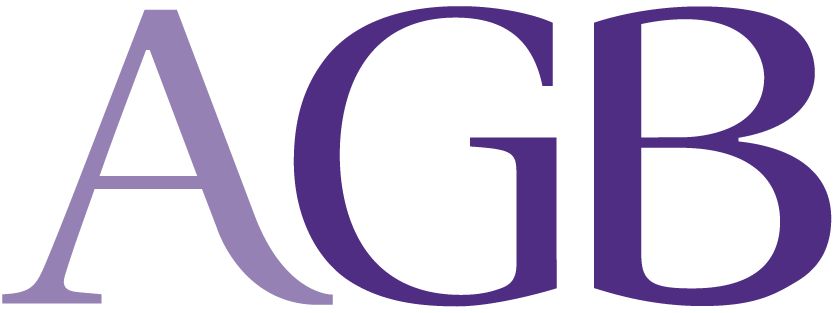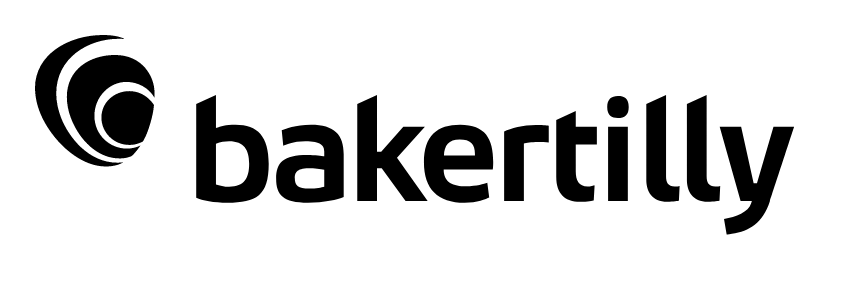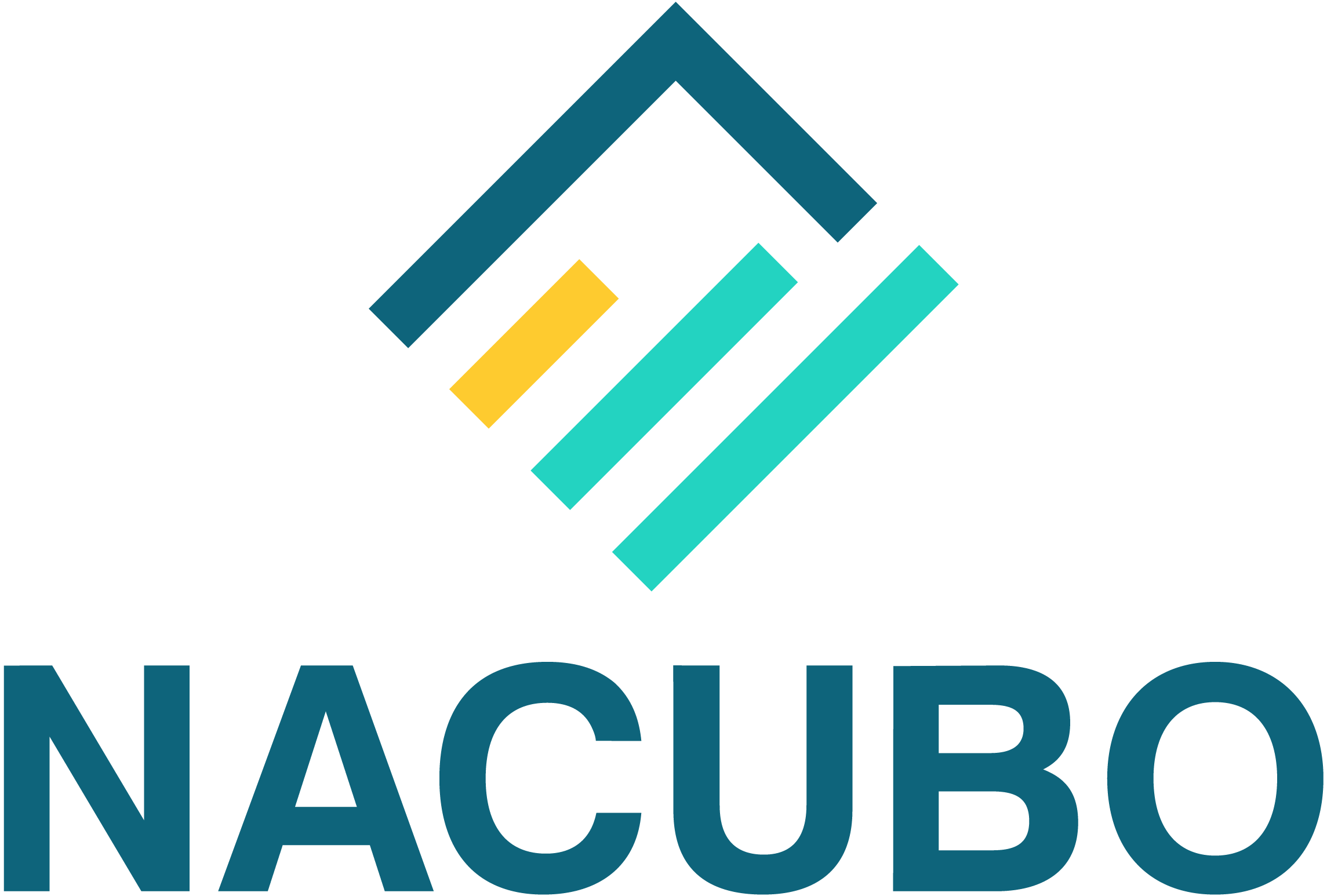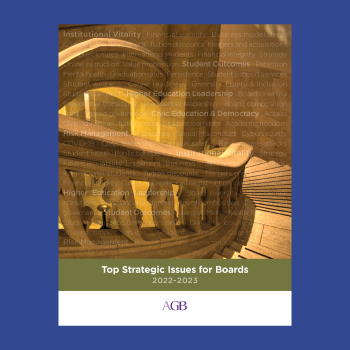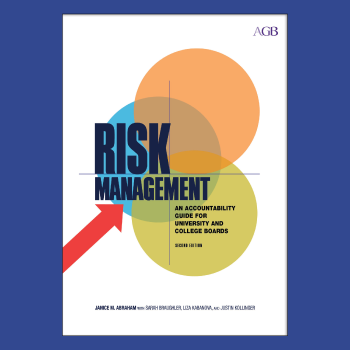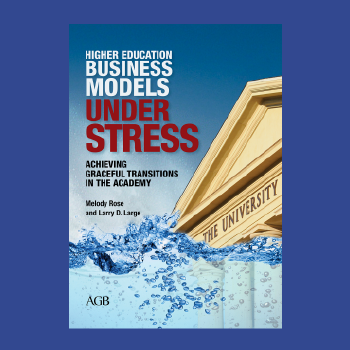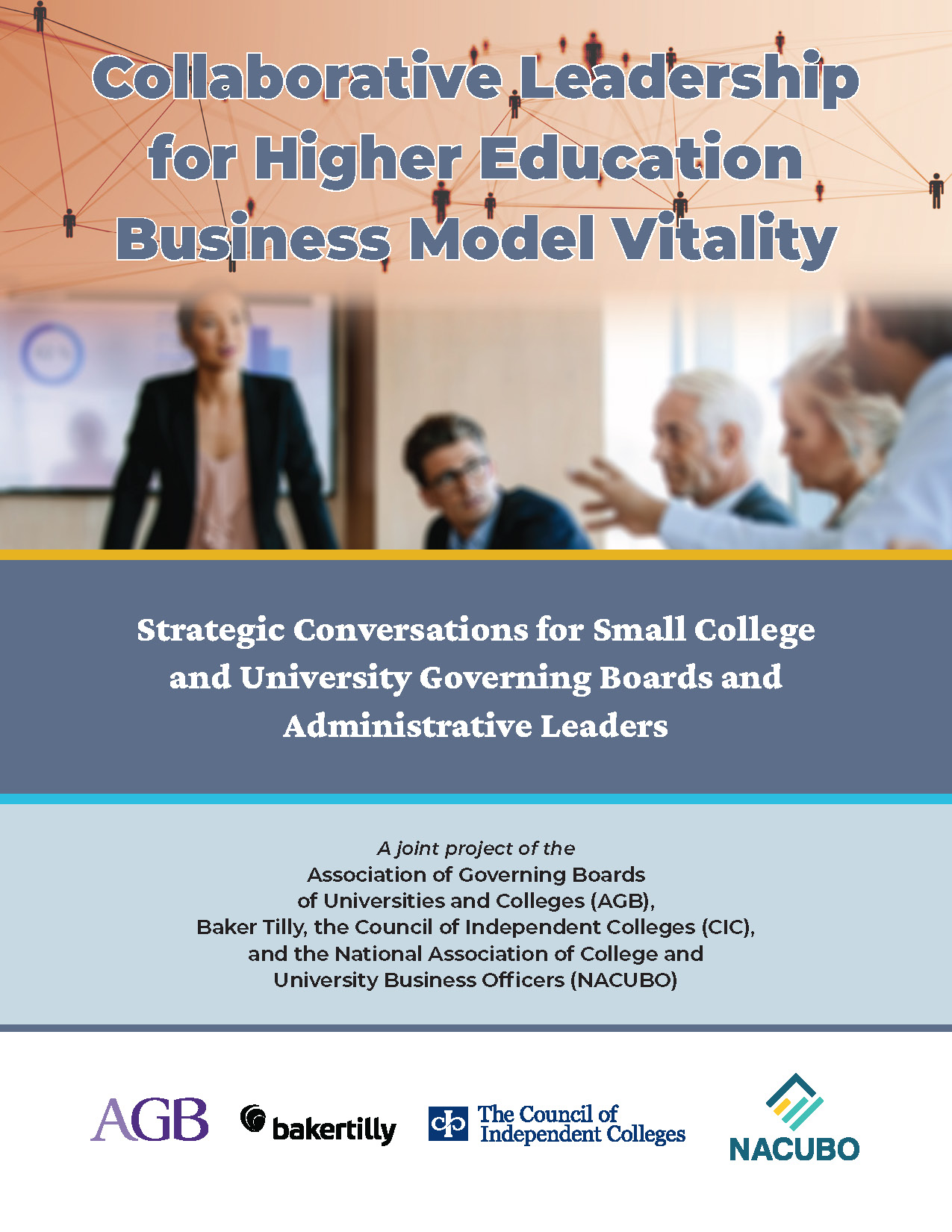
Foundational Information
Over the course of several months, the sponsors of this project (AGB, Baker Tilly, CIC, and NACUBO) held a series of national discussion sessions with college and university presidents, board members, and chief financial officers (CFOs) focused on understanding the challenges and threats facing the long-term sustainability of many small colleges and universities. During these sessions, participants identified several challenges confronting colleges and universities in today’s environment and the substantial threat these challenges present to the viability of the current higher education business model. Participants recognized the growing sense of importance of taking these threats seriously. They acknowledged that there is a mounting sense of urgency for considering changes to, or transformation of, the business model to protect an institution’s long-term viability.
They saw transformation of the institutional business model as a complex multi-dimensional exercise. College and university leadership not only must comprehend the business risk confronting the institution, but also understand the portfolio of tools available to mitigate those risks. Governing board and administrative leaders that succeed not only acquire an awareness of the institution’s capacity to accept change, but also understand the resiliency of the governance structure to lead it. They need to appreciate that organizational transformation cannot happen in just one business unit but must take place across an entire organization to be truly transformative. And they must comprehend that leadership must develop unique strategies for each business unit—academic, administrative, auxiliary enterprises, et cetera–along with the managerial capacity to effectively integrate them to achieve the intended outcomes.
Participants identified several challenges confronting colleges and universities in today’s environment and the substantial threat these challenges present to the viability of the current higher education business model. They recognized the growing sense of importance of taking these threats seriously.
They further acknowledged that while higher education governing boards are accountable for overseeing the affairs of their institutions, they delegate operational responsibility to their CEOs to ensure student success, long-term financial sustainability, and alignment of mission and strategic priorities, among other important roles associated with their fiduciary duties. They emphasized that these are not typical times and that different approaches may be needed to take advantage of successfully tested strategies to address what are for some existential threats to their business model. They acknowledged that there is a high likelihood for future known and unknown risks, which will require measured governance responses and management discipline for leadership to remain focused on protecting, strengthening, and/or evolving an institution’s value proposition and core mission.
Participants conceded that less selective small private colleges and universities with fewer financial resources are especially vulnerable and face greater challenges (as well as intriguing opportunities), but that these challenges often afford leaders little time to act. For those institutions that have been able to institute sound business practices, there is a higher probability for success, while for those with more work to do there are many positive models from which to learn. Institutions that are prepared for productive, honest conversations will also need to be ready for timely and decisive action. At the core, participants recognized that these discussions represented an appropriate opportunity for leaders in the industry to support one another as each navigates their own journey toward a sustainable business model by taking the necessary actions to ensure higher education remains one of this country’s greatest resources.
Resources that Lay the Foundation for Essential Leadership Conversations
“Higher education institutions face unique and unprecedented challenges in the current environment as a result of today’s market conditions and changing student needs and expectations. These issues very well threaten the foundation of colleges and universities across the country. Now is the time for leaders and boards to guide bold decision-making and ensure their institutions craft intentional and distinctive plans. These two factors are key to mitigate risks and ensure operation continuity that enables them to rapidly respond to unanticipated situations and protect long-term institutional viability. Student success and institutional resiliency revolve around active engagement and an unwavering commitment at all levels across the entire organization.”
Dave Capitano
Higher Education Practice Leader, Baker Tilly


